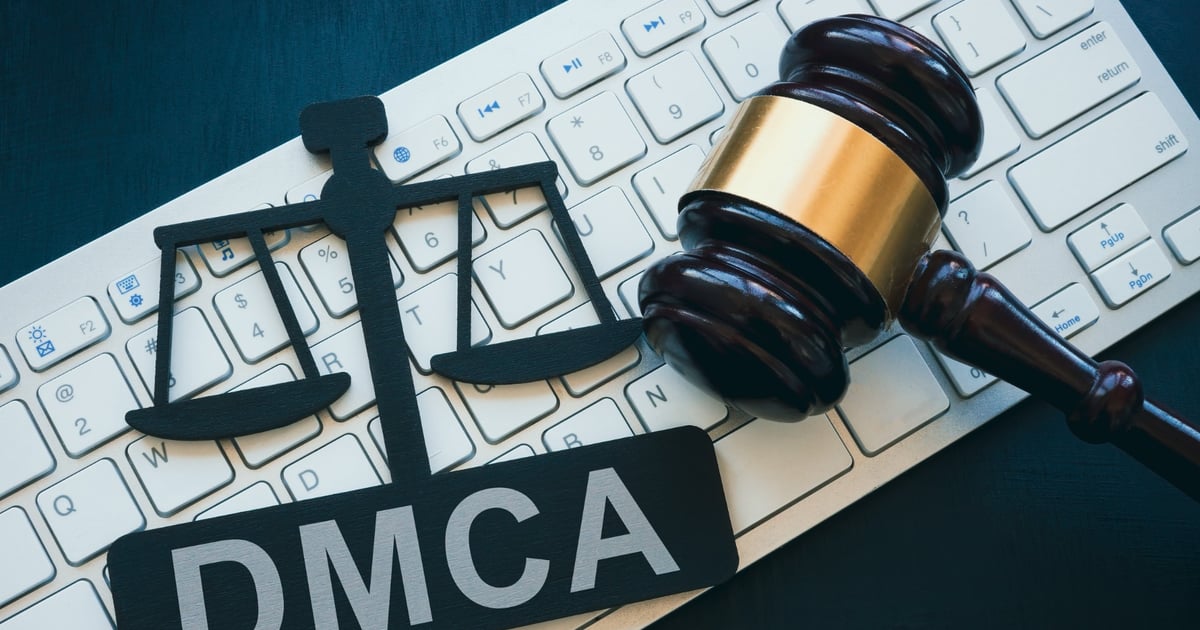
December 5, 2024 at 05:36PM
The US Library of Congress has clarified that certain security research activities related to AI models, like prompt injection, do not violate the DMCA, benefiting researchers. However, no safe harbor exemption was granted. The ongoing legal ambiguities raise concerns about the protection of good faith AI research amid rapid technological advancements.
### Meeting Notes Takeaways:
1. **New Legal Ruling**:
– The US Library of Congress has determined that certain offensive activities (e.g., prompt injection, rate limit bypass) are not in violation of the Digital Millennium Copyright Act (DMCA), benefiting security researchers.
2. **Lack of Exemption for Fair Use**:
– No exemption for security researchers under fair use provisions was granted, as the Library of Congress believes it wouldn’t sufficiently protect them.
3. **Clarity for Researchers**:
– Despite not granting safe harbor, recent updates are seen as beneficial for researchers, providing clearer guidelines for conducting security research without fear of legal repercussions.
4. **Support for Researchers**:
– Increased protection against prosecution is noted, with organizations like the Security Legal Research Fund backing researchers and public support for those sued by companies.
5. **Continued Risks**:
– Researchers still face legal uncertainties regarding AI trustworthiness research, particularly under DMCA and anti-hacking laws.
6. **Emerging Challenges with AI**:
– The rapid growth of generative AI has complicated the legal landscape, with existing laws lagging behind the technological advancements.
7. **Concerns about AI Research**:
– Security researchers express concerns about a lack of clarity leading to a “chilling effect” on research efforts.
8. **Proposed Legislation Denied**:
– Proposals to exempt red teaming and penetration testing for AI from DMCA were rejected, with the Copyright Office suggesting Congress might address these evolving issues.
9. **Industry Reaction**:
– As companies heavily invest in AI, potential targeting of researchers by powerful entities increases; however, a normalization of security research as a valuable practice is noted.
10. **Focus on Design Over Testing**:
– Emphasis on improving ML system design to avoid inherent flaws rather than solely relying on red teaming and penetration testing is recommended as a more effective approach to ensuring AI trustworthiness.
This synthesis highlights the evolving legal landscape for security researchers focused on AI systems, their ongoing challenges, and future directions for ensuring effective and safe research practices.